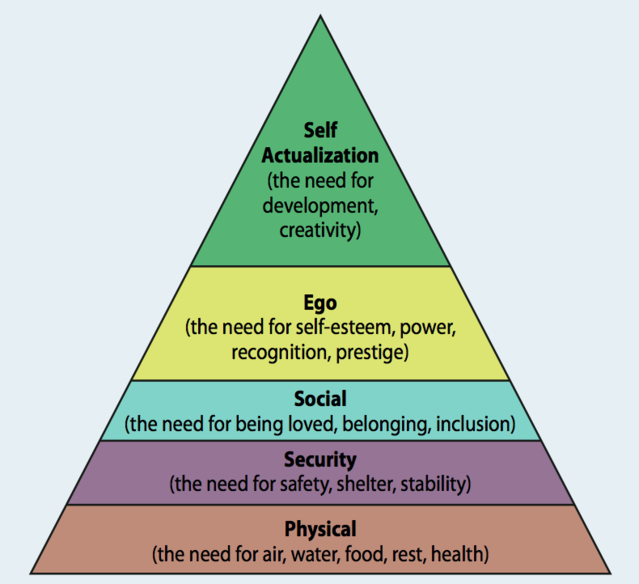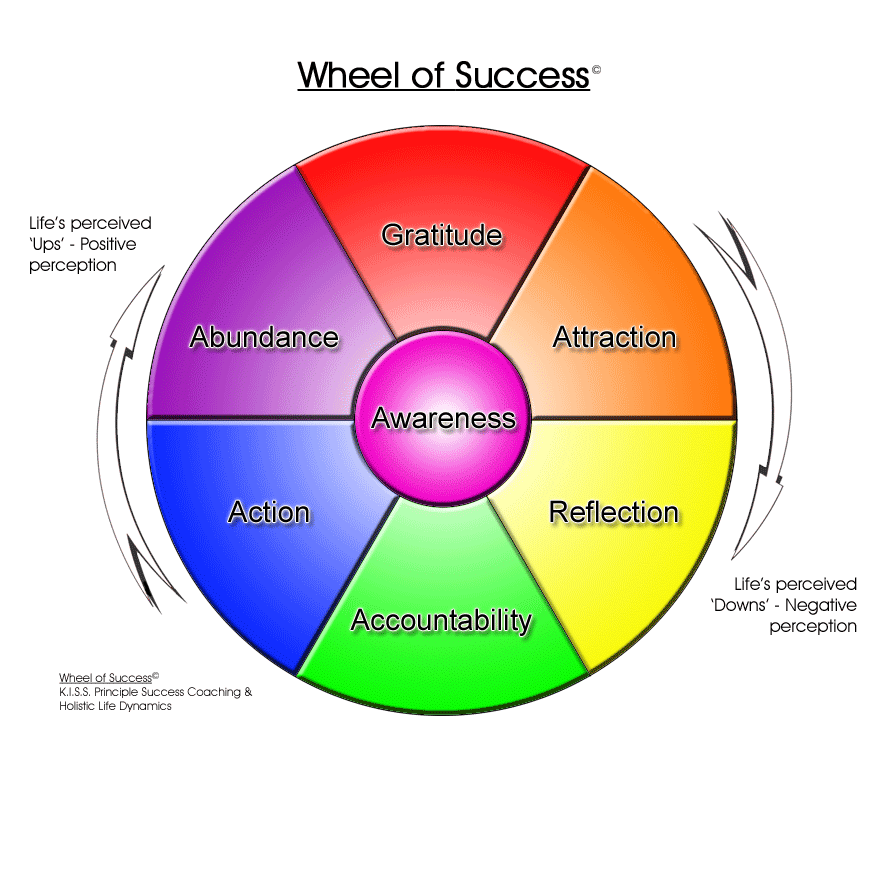“Awareness is holistic observation, without judgment of our complete world: internal and external.” Adapted from Success is Simply Spiritual
Awareness is a skill we can develop throughout our lives. Developing the ability to notice our complete experience appears to be the most obvious and skillful way we can learn, grow, and possibly self-actualize. What does self-actualizing mean?
We all have amazing potential to lead satisfying, fulfilling, and meaningful lives. We also all have to ability to define or determine what each of those experiences mean to us. What does leading a satisfying, fulfilling, and meaningful life mean to you? Is it being healthy; productive; a good parent, partner, provider, or community member; being creative and sharing your talent; or all of the above and more besides? It seems natural for humans to aspire to something that would be determined as positive, optimistic, kind, compassionate, and demonstrating good will towards the world in some form.
There are many obstacles along the way to achieving the life of our dreams, and sometimes our dreams actualize in unexpected ways, for better or worse. It seems to me that self-actualizing is the actual journey and not the destination. Perhaps self-actualizing is learning how to feel a sense of satisfaction, fulfillment, and how to live meaningfully in the way we manage, and stay within personal empowerment through life’s ups and downs along the way.

Positive Psychology describes how self-actualization and well-being are intimately connected. Well-being would seem to be a necessary component of any achievement, in any area of life: otherwise the achievement would not feel satisfying etc., but instead leave us inherently wanting. Initially, the term self-actualization was deemed by Abraham Maslow in his Hierarchy of Needs to be the top of the pinnacle of life: the destination after basic essential needs, then desires of certain levels of experience were met. Views have evolved since Maslow’s theory emerged, through research and expanded awareness of the human experience. The aspects mentioned in Maslow’s pyramid are still seen as important in life’s journey but not necessarily viewed as a hierarchy.
So how does one experience self actualization, moment to moment, as a journey rather than a destination? Awareness of experience could be the most basic skill required to achieve all things satisfying, fulfilling and meaningful in our individual context. Importantly, each persons perspective would define what that means for them. Basically we are speaking of overarching feelings rather than mechanics, materials, or context. How can awareness as a skill contribute to our feelings of satisfaction, fulfillment, and living a meaningful life?

Our internal experience is usually a response or reaction to our external experience (anything outside of our mind). Developing the skill of awareness, through learning non judgmental ways to observe our internal world, can facilitate feelings of acceptance of “what is” (reality), which could open the way to feelings of compassion, which in turn allows change to occur: either through conscious choice, or change can occur organically through unconscious change in preferences. Remember the term “non-judgmental”: it’s a key component and attitude to this process of observation.
There are many ways we can tune in to become more aware. Mindfulness techniques are possibly the most well-known and widely accepted contemporary practices that help us develop the skill of awareness. Most teachers of mindfulness start with basic meditation skills of sitting with observing the feeling of breathing, and then meditating using a body scan: feeling sensations or lack of, throughout the whole body. Both practices have a broad meaning insofar as we could learn much more than the power of observation without judgment. I will talk more in future articles about developing the skill of sitting with pleasant and unpleasant experiences, developing resilience, expanded thought processes, intuition, and other possible events that could be encountered. However, basically, mindfulness is a practice of being fully present, moment to moment awareness of any experience. The meditations are basic tools we can use to skillfully develop awareness outside of meditation. Mindfulness is referred to as a practice because, like any other skill we have ever learned throughout our lives, it takes practice over time to develop skills.
I often direct client’s to search through their memory banks to the time when they learned to feed themselves, talk, walk, use the toilet proficiently and autonomously. Whilst we may not remember our own learning journey, the skills mentioned are easily observed in young children throughout the world, and are universal survival skills most of us are grateful to have successfully mastered. We can easily observe and understand how our basic life skills learning experience would have been similar and important. Each skill we have learned throughout life has taken practice over time, with many skills becoming habitual. Some skills that have become habits we could probably do with un-learning. More about un-learning and facilitating lasting change in another article.
In conclusion, Awareness is central to understanding how we operate in all areas of life. Once we become aware of thoughts, behaviours, and how they make us feel, we could discover that there are choices available, and that we could do something differently, or not.

